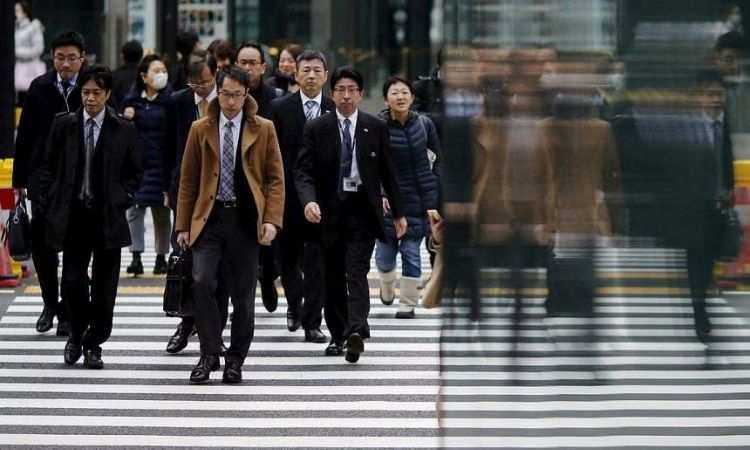Japanese firms have offered the most significant pay increases in thirty years during this year’s negotiations with workers, according to the country’s largest trade union group, Rengo. Economists believe that this development will help revive weak consumer demand in Japan. The survey conducted by Rengo reveals that pay hikes, initially reported by unions at major employers in March, have now expanded to include workers at small and medium enterprises (SMEs) with unions of 300 or fewer members. The final survey results indicate an average pay hike of 3.58% or 10,560 yen ($73.04) per month, marking the largest increase since 1993. Notably, SMEs also raised wages by 3.23%, demonstrating the fastest pace of growth in three decades.

Image@credit- The Straits Times
Importance for the Bank of Japan:
Wage growth is a crucial trend closely monitored by the Bank of Japan (BOJ) as it considers the timing and strategy for unwinding its ultra-loose monetary stimulus. BOJ Governor Kazuo Ueda has emphasized the necessity of maintaining accommodative policies until wages rise sufficiently to sustainably achieve the 2% inflation target.
Implications for Inflation and Monetary Policy:
The rising prices and persistent labor shortage in Japan have been the driving forces behind the increasing wages. Economists like Hisashi Yamada, an economist, and professor at Hosei University, anticipate that wages will continue to rise next year. Yamada suggests that the focus should now be on bringing real wages into positive territory. The upward trajectory of wages is expected to contribute to stabilizing inflation around the 2% target, placing pressure on the central bank to eventually abandon yield curve control.
Support for Prime Minister Fumio Kishida:
These pay hikes offer political support for Prime Minister Fumio Kishida, who has made wages a key component of his policy agenda. As the weak yen and higher import prices drive up living costs, the government’s focus on increasing wages aligns with the goal of mitigating the impact of rising prices on the population.
Addressing Historical Stagnation:
Japanese wages have remained nearly stagnant since the bursting of the asset bubble in the 1990s and currently lag behind the average wages in OECD member countries. The recent pay hikes signify a potential departure from this prolonged period of wage stagnation, with the hope of narrowing the gap and improving the standard of living for Japanese workers.
Outlook for Summer Bonuses:
The survey conducted by Keidanren, Japan’s largest business lobby, indicates that summer bonus payments from major firms are expected to rise by 3.9% for a second consecutive year. However, the distribution of these gains may be uneven across different sectors and companies.
Conclusion:
The significant pay hikes offered by Japanese firms, the largest in three decades, hold the potential to rejuvenate consumer demand and stimulate economic growth. As wages continue to rise, they are anticipated to have a positive impact on inflation, putting pressure on the central bank to adjust its monetary policies accordingly. These developments also align with Prime Minister Fumio Kishida’s agenda to address wage stagnation and combat the rising living costs faced by Japanese citizens.















